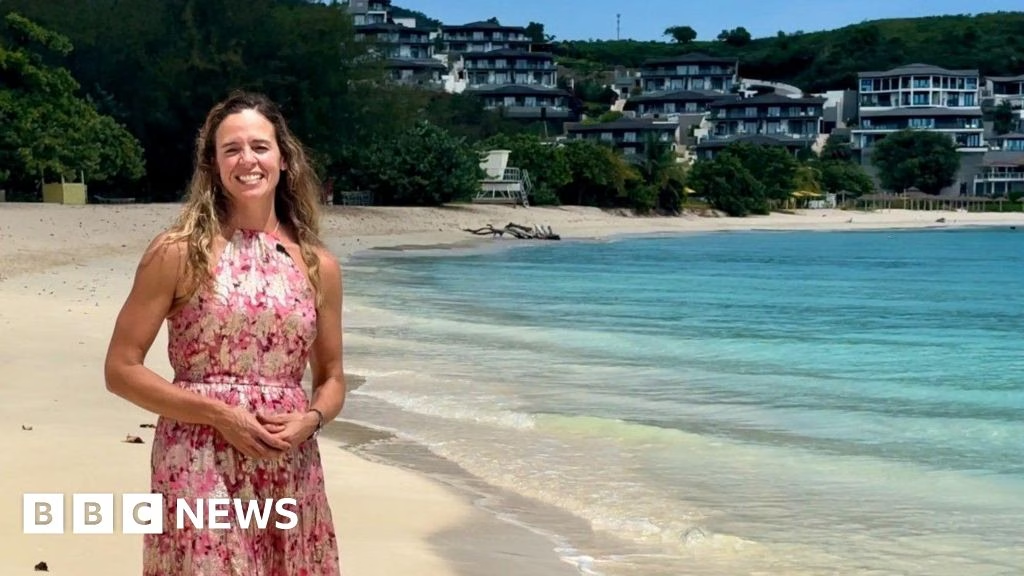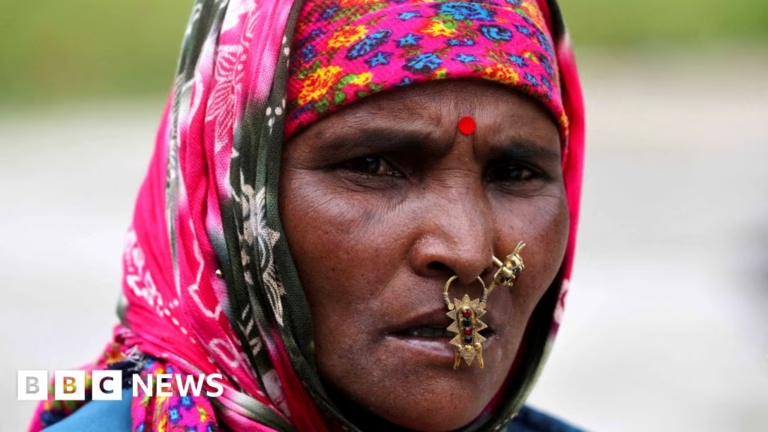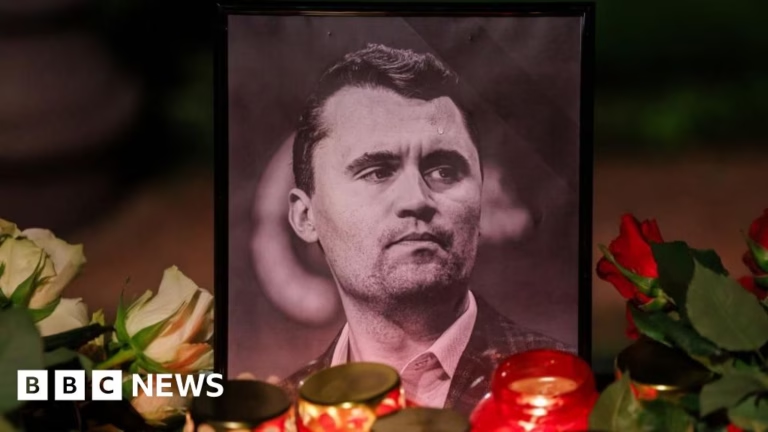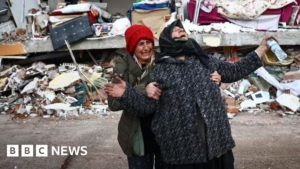.jpg.webp) Nadia Dyson
Nadia DysonScroll through homes for sale in the Eastern Caribbean and it is no longer just bewitching beaches and a laid-back lifestyle being touted to woo buyers.
More and more property listings are offering a passport too – and political and social volatility in the US is said to be fuelling an upsurge in interest.
Five of the region’s island nations – Antigua and Barbuda, Dominica, Grenada, St Kitts and Nevis, and St Lucia – offer such citizenship by investment (CBI) from as little as $200,000 (£145,000).
Buy a home, and you also get a passport that grants the holder visa-free access to up to 150 countries including the UK and Europe’s Schengen area.
For the wealthy, the islands’ absence of taxes such as capital gains and inheritance, and in some cases on income too, is another major draw. And all five of the region’s schemes allow buyers to retain their existing citizenship.
In Antigua, estate agents are struggling to keep up with demand, says Nadia Dyson, owner of Luxury Locations. “Up to 70% of all buyers right now are wanting citizenship, and the vast majority are from the US,” she tells the BBC.
“We don’t talk politics with them, but the unstable political landscape [in the US] is definitely a factor.
“This time last year, it was all lifestyle buyers and a few CBI. Now they’re all saying ‘I want a house with citizenship’. We’ve never sold so many before.”
Despite Antigua’s programme having no residency requirement, some purchasers are looking to relocate full-time, Ms Dyson says, adding: “A few have relocated already.”
US citizens account for the bulk of CBI applications in the Caribbean over the past year, according to investment migration experts Henley & Partners.
Ukraine, Turkey, Nigeria and China are among the other most frequent countries of origin of applicants, says the UK firm which has offices around the world.
It adds that overall applications for Caribbean CBI programmes have increased by 12% since the fourth quarter of 2024.
.jpg.webp)
Everything from gun violence to anti-Semitism is putting Americans on tenterhooks, according to the consultancy’s Dominic Volek.
“Around 10-15% actually relocate. For most it’s an insurance policy against whatever they’re concerned about. Having a second citizenship is a good back-up plan,” he explains.
Mr Volek says the ease-of-travel advantages the Caribbean passports provide appeals to businesspeople, and may also present a security benefit. “Some US clients prefer to travel on a more politically-benign passport.”
Prior to the Covid pandemic, the US was not even on Henley’s “radar”, Mr Volek continues.
Movement restrictions proved “quite a shock” for affluent people used to travelling freely on private jets, prompting the first surge in stateside CBI applications. Interest ratcheted up again after the 2020 and 2024 US elections.
“There are Democrats that don’t like Trump but also Republicans that don’t like Democrats,” Mr Volek says.
“In the last two years we’ve gone from having zero offices in the US to eight across all major cities, with another two to three opening in the coming months.”
Robert Taylor, from Halifax in Canada, bought a property in Antigua where he plans to retire later this year.
He invested $200,000 just before the real estate threshold was raised to $300,000 last summer.
Not only does being a citizen avoid restrictions on length of stay, it also gives him the freedom to take advantage of business opportunities, he explains. “I chose Antigua because it has beautiful water, I find the people very, very friendly and it also means great weather for the later part of my life.”
Still, such programmes are not without controversy. When passport sales were first mooted in 2012 by the then Antiguan government as a way of propping up the ailing economy, some considered the ethics a little iffy.
Protesters took to the streets in condemnation, recalls former Speaker of the House Gisele Isaac. “There was a sense of nationalism; people felt we were selling our identity, so to speak, to people who knew nothing about us,” she says.
Leaders of some other Caribbean nations that do not offer CBIs have also been quick to criticise, including St Vincent and the Grenadines’ Prime Minister Ralph Gonsalves. He has previously said citizenship should not be “a commodity for sale”.
.jpg.webp)
EU threatened to revoke CBI countries’ cherished visa-free access, US expressed concern of the potential of CBI contributing to tax evasion and financial crime.
In response, concerned governments brought about series of measures to increase security and bring efficiency in their operations, including creation of regional regulators, agreement to the six principles proposed by the US, and tightening legal system.
Passport sales are the lifeline for these island nations, widely supported by their citizens for bringing in much-needed foreign investments and boosting their economies.











